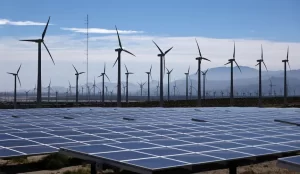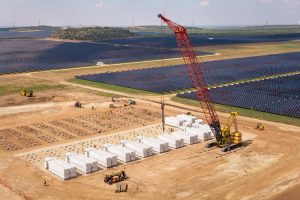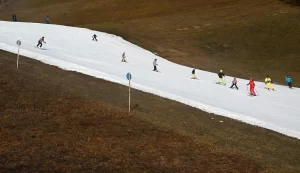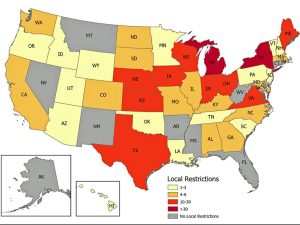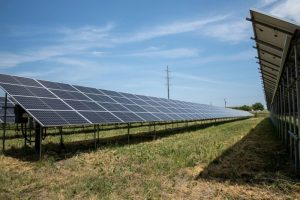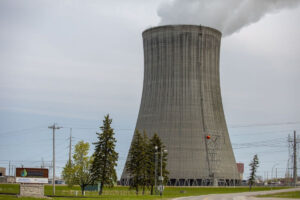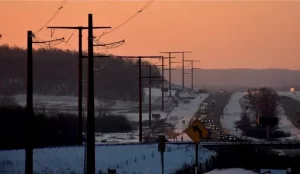Big News: Bipartisan Permitting Reform Legislation Is Moving!
Co-sponsored by the top two leaders in the Senate Energy and Natural Resources Committee, the Energy Permitting Reform Act of 2024 was introduced on Monday and has already garnered support from CCL, clean energy groups, public interest groups, and trade groups representing the fossil fuel industry. Some groups, like the Center for Biological Diversity and Earth Justice are solidly against the Act, and the Sierra Club says it falls short of their standards to get their support (yet?).
This post reports on the legislative timelines, links to statements from the various interest groups and summaries of the Act itself.
CCL concludes: “It’s a really good bill!”


